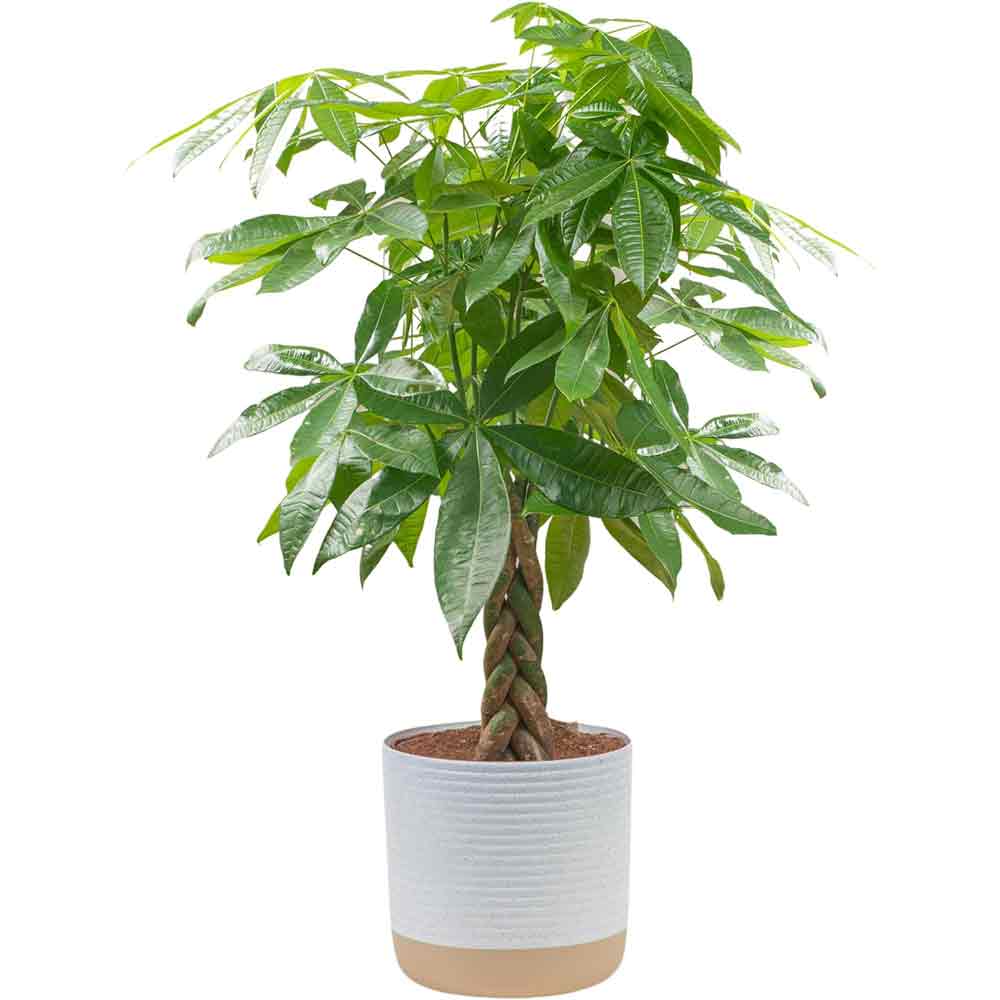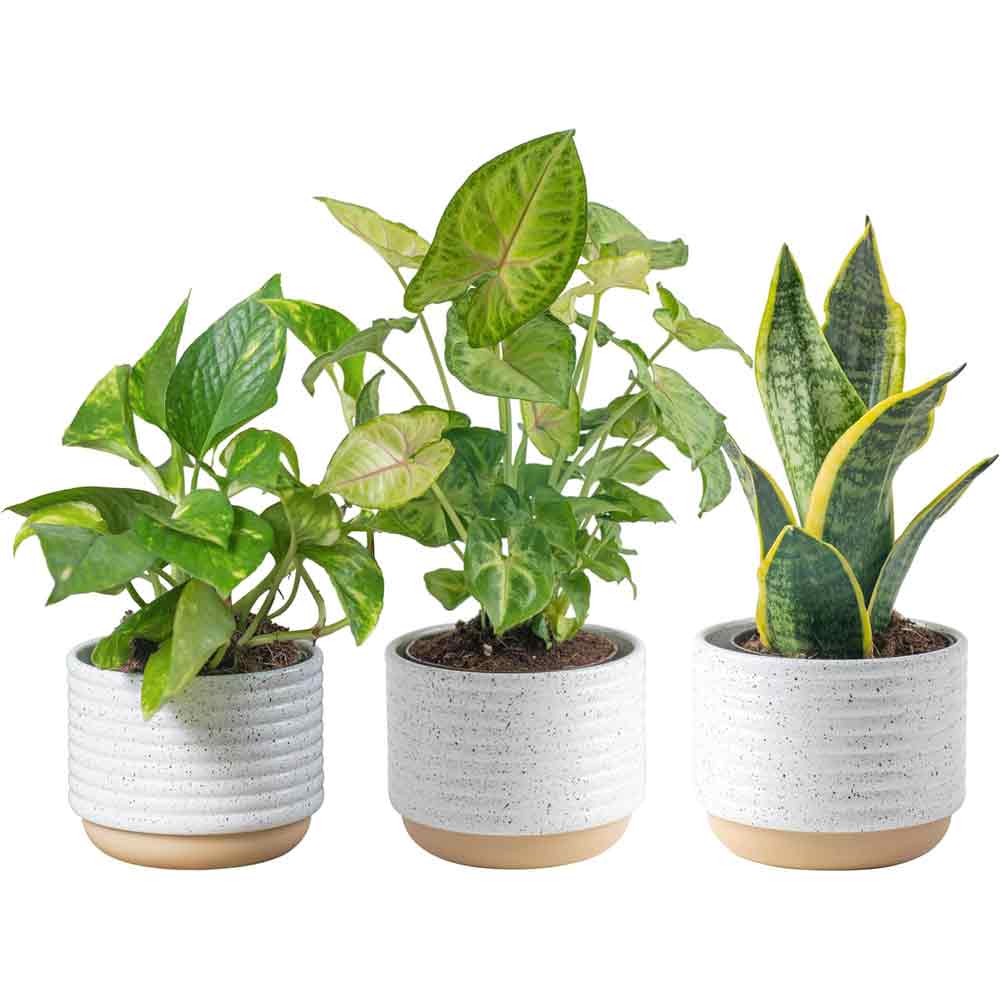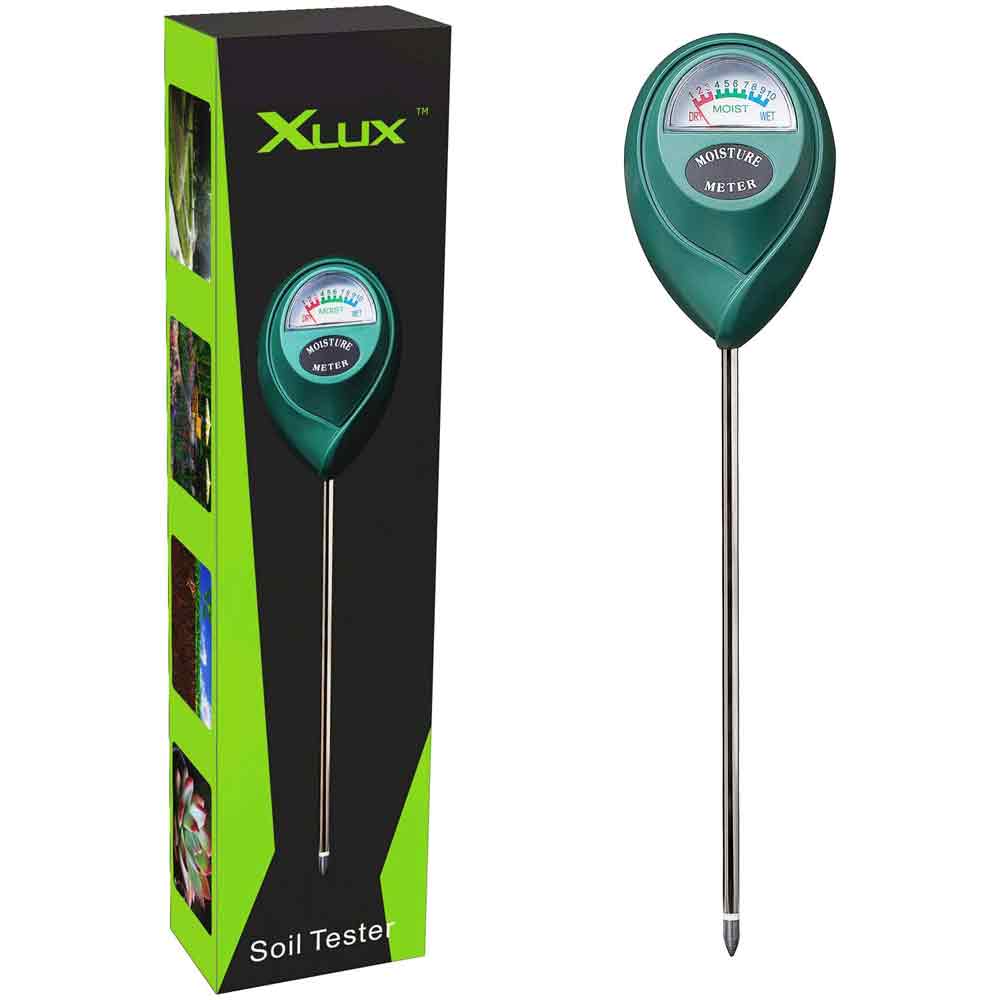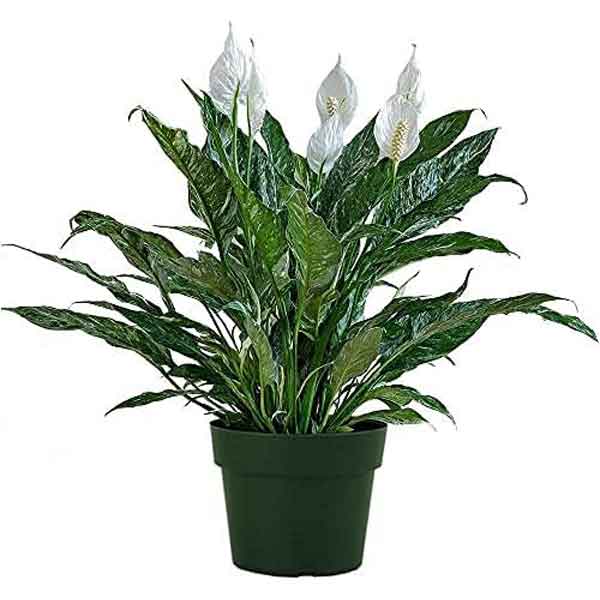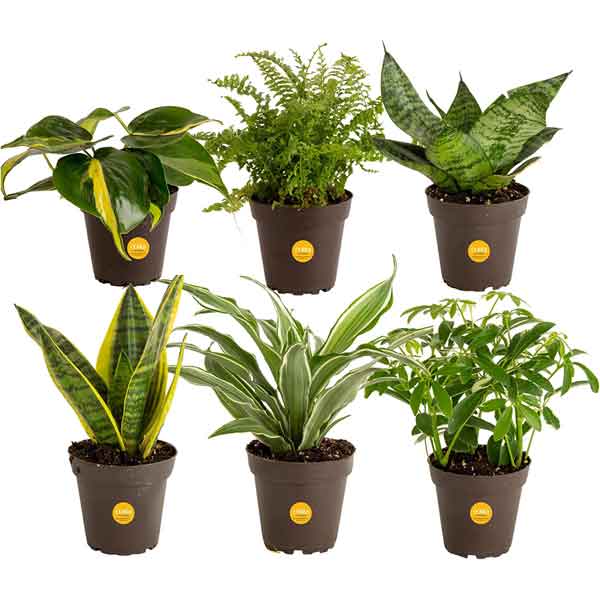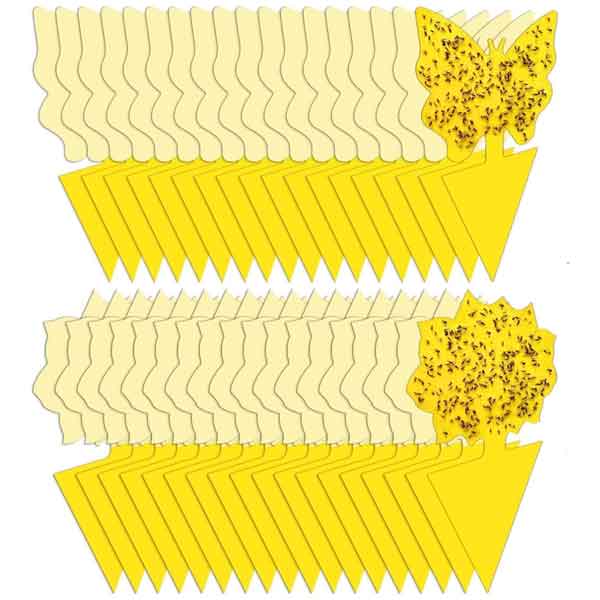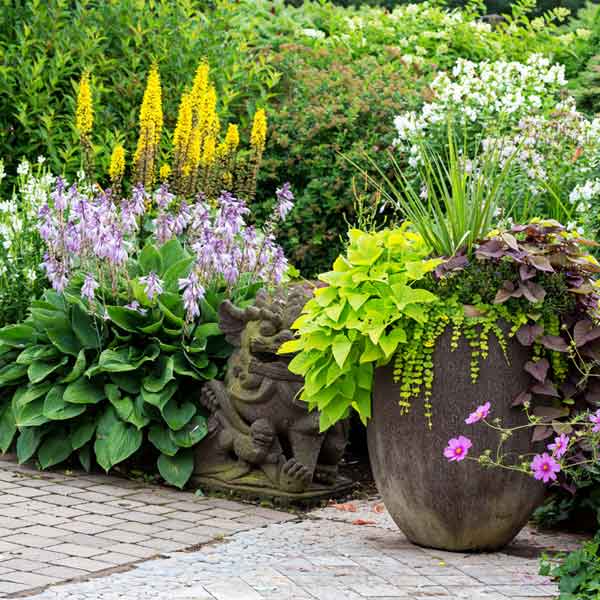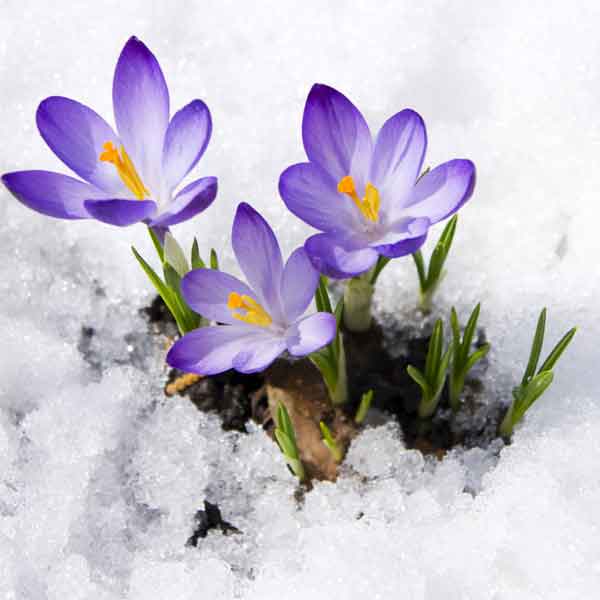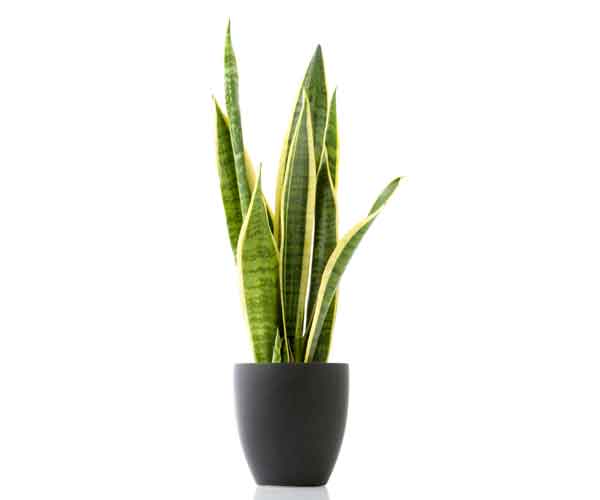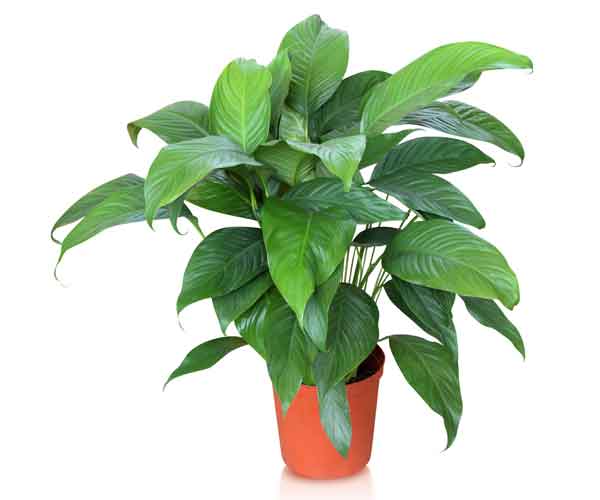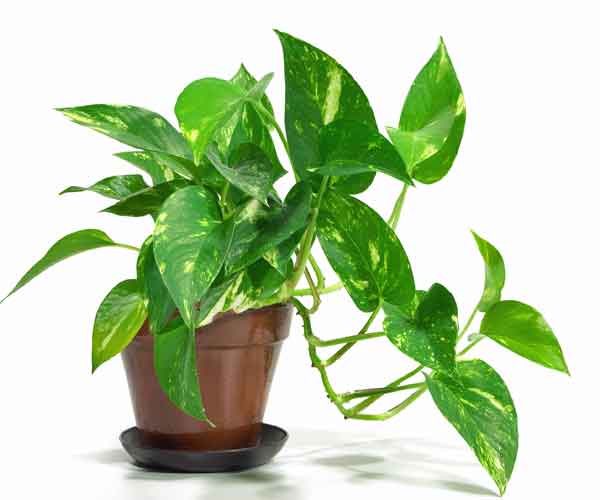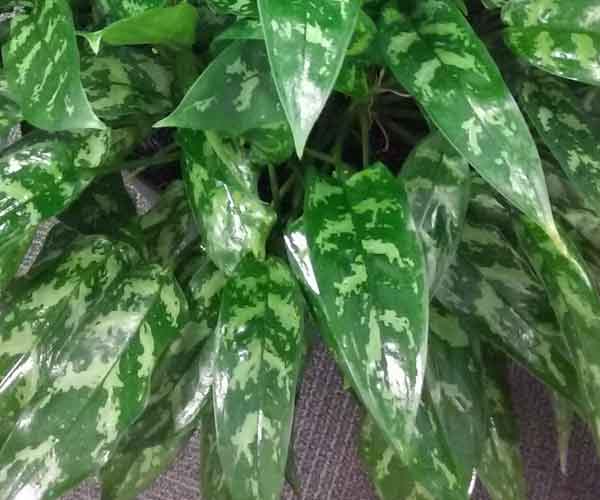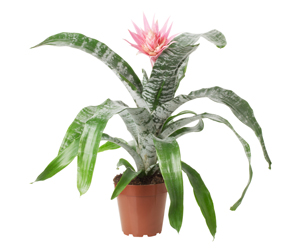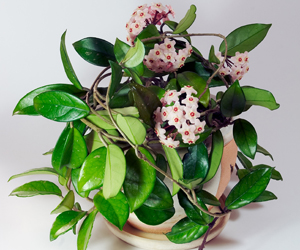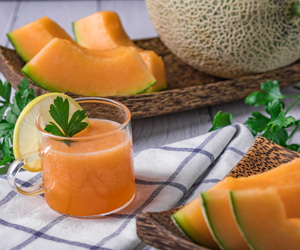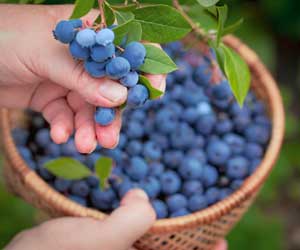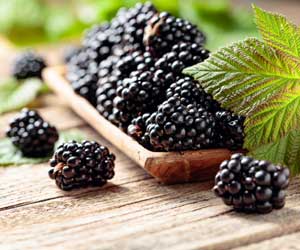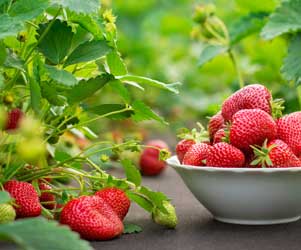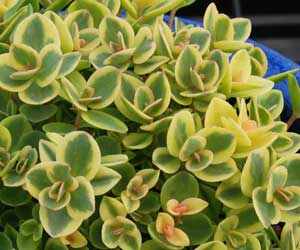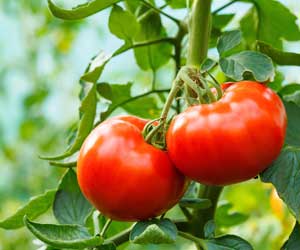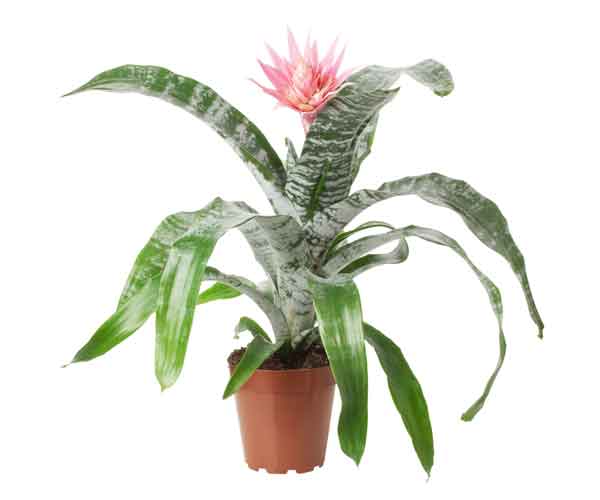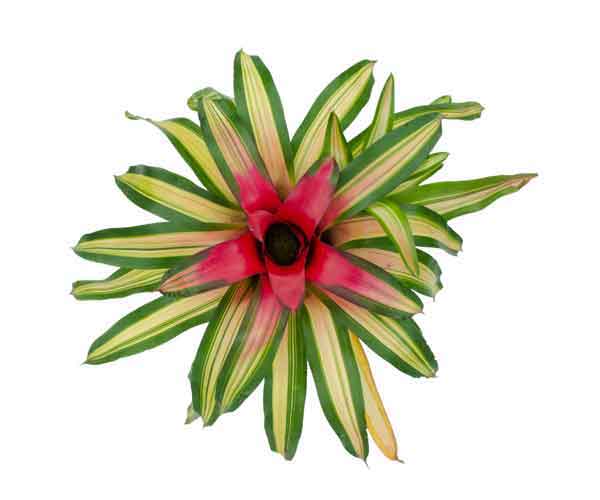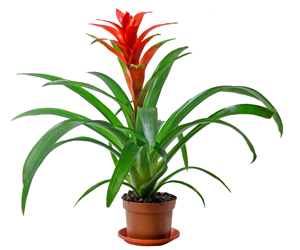Houseplant Care Watering
Indoor Plants & Flowers
*Note - This page on watering your houseplants may seem to go on forever but watering, and the importance of good lighting, are the most important things you need to learn about houseplant care. Do you want really good looking healthy houseplants? Take the time and read to the bottom. I will try not to be too boring or redundant!

Watering your houseplants properly can be tricky. Improper watering is the main cause of death with indoor plants. Usually this would be from over-watering. However, if you are not caring for your houseplants on a regular schedule, under-watering can also be a problem.
Plant care advice that gives you watering intervals, amount of water, for specific house houseplants are really not providing you with helpful or useful information. Every house plant is different and you are the only one that can determine when and how much to water your house plants.
Caring for indoor plants every day as a "Plant Lady", I know that the only way to determine if a plant needs water is to check the moisture level in the soil at regular, scheduled intervals.
Every indoor plant is different and only you can tell if your plant needs to be watered. I know that you love your houseplants but too much love (i.e. water) can kill them! That being said, please read on, Plant Lover. It looks like a lot to take in, but it is information you need to know for the sake of your houseplants!
⚘ How This Website Started ⚘
Hi Plant and Flower People!
I started this website in 2012 while helping my younger brother through a fight with terminal cancer. Between shopping, cleaning, cooking, laundry, doctor/hospital visits, and other tasks to help him, I taught myself HTML/CSS and other skills used in creating a website. My brother had a very successful stock photography website himself and his advice to me was to make a website about something you know.
I had left a job in the interior landscape industry in 2012 (I have worked in the interior landscape industry since 1986) to go across the country to help him out. So that became the subject of this website, indoor house plant and flower care.
It costs money for hosting service, domain fees, etc. to keep websites running. That is why I have third party ads/Amazon products and other affiliate links on webpages. Please use them if they are helpful to you as I earn commissions/ad revenue through them and they help pay costs for hosting, domain name, etc.
If you need some help with the general care of your indoor plants and flowers, read about basic houseplant care. You can also email houseplant care questions or requests for help identifying your mysterious indoor plant!
Please also consider supporting this website with a donation, if you can. Any help is appreciated. Hope you find some helpful information here. Thank you and read on Plant People!
Ads By Google
The root system of a plant needs air, as well as water, to remain healthy. When the root system of your plant is constantly saturated, the roots will begin to die. When the roots die, your houseplant dies!
Over watering is usually caused by watering your house plants too often, not by the amount of water given when you decide it is time to water your plants.
Maintaining a healthy root system is vital for lush, vibrant, healthy looking foliage. If you see signs of trouble on your plant's foliage, check the roots for problems first. Read more about the importance of a healthy root system for your indoor house plants.
First, put yourself on a schedule for checking your house plants. Do your plant care on the same day every week. Make it a point to not just water your plant, if needed (and only if needed), but also remove all yellow and brown foliage, turn your plant to promote even, full growth. Prune and shape as needed, and then give it a good cleaning with a soft cloth or a sponge. Or even a shower! If your indoor house plant has "hairy" leaves, it is not generally recommended to wet the leaves.
Take notice of your indoor house plant's appearance as you care for it. Does it droop a little or seem to be not so green and healthy looking as the week before? Or is it looking good, no spots, no brown tips and no yellow leaves?
Plant Flower Care Items
Amazon Affiliate Links - May Earn Commission - Thanks!
Think about the last time you watered your plant. Did you have to water the week before? Or was the soil still wet or damp? Did you water it anyway? Or was the soil so dry the plant was beginning to wilt?
Watering your plant is very much a cause and effect event. If your plant is looking good - green, shiny and healthy looking - then you are doing the right things. If it is wilting, yellow or spotted, not much new growth, you need to review your watering habits and make adjustments.
You will know if you are doing the right things by the way the plant responds to your care. Remember, every plant is different. Only you can tell if your plant needs to be watered.
Use your fingers to tell if the soil has dried down enough to be watered. Most houseplants will do fine being allowed to dry down half the height of the grow pot or even a little more. Moist soil will cling to your skin and is usually darker than dry soil. You can try the sniff test too. Wet soil smells different than dry! If you are still not sure, pull out a little soil and squeeze it into a ball in your hand. If it is moist, it will hold together.
With large pots, 10" diameter pot or larger, or a plant with compacted soil, it is a good idea to use a moisture meter or soil probe to check for moisture in the growing medium. These have the added advantage of aerating the root mass as you use them while helping you decide if your plant needs to be watered. Aeration is great for your plant's root system.
Learning the weight of your houseplants when they are dry and when they are wet can also help in determining if it is time to water. This is easy with plastic pots but not so much with clay pots.
Ads By Google
If your indoor plant is in a large grow pot it is necessary to let the soil dry down much more than with a small grow pot. What that really means is, it takes longer for a large soil and root mass to dry out sufficiently than a smaller one. Use a moisture meter for houseplants and a good rule of thumb would be to water when the soil is dry at least one half the depth of the soil depth.
Over watering is a big problem but insufficient watering or letting your plant wilt on a regular basis is not good for it. This will most likely cause browning or spotting of the foliage over time. Be sure to check your houseplants on a regular schedule. Pay attention to visual signs such as mild wilting, browning tips, etc. and you will soon learn how to gauge when your houseplants require watering.
You can immerse the entire pot and root ball into standing water until all the air has been displaced from the soil or you can top-water using a watering can. When using the top-water method, make sure to wet the entire soil mass. Water should drain out of the grow pot through the drainage holes. (House plants should always be planted in containers that have drainage holes) Then allow plant to dry down as much as possible without causing it to wilt.
Watering Your Houseplants
Care Tips
- When you water your plants, always water thoroughly.
- Water should be as close to room temperature as possible.
- Plants should always be planted in a container with drainage holes at the bottom.
- Aerating the soil before you water is also very beneficial.
- Make sure that any excess water is discarded when you are finished.
- Many plants are in a stage of no or very slow growth in the winter and should be allowed to become somewhat drier. Some plants may not need to be watered at all in the winter months, after a good soaking in the fall.
- If the heat is kept exceptionally high in the winter, it is also possible that your plants may use and need more water in the winter months.
- Some plants use more water temporarily as heating systems are turned on in the colder months.
- As the daylight changes throughout the year and as temperatures change, your plants water use will change accordingly.
The amount and interval of watering for each plant is different and depends on a variety of factors. These include the type of plant, the grow pot size, the light intensity, the time of year, the amount of foliage, the growing medium, the micro environment and the overall health of the plant.
Home Garden Plants Flowers
Amazon Affiliate Links - May Earn Commission - Thanks!
Indoor Houseplant Watering
A Few More Things
- A houseplant that is set next to an air vent is going to require more frequent watering than one that is not.
- Plants that are in a new environment often use more water as they acclimate to new conditions.
- A plant with an abundance of foliage is going to require much more moisture than a very thin or sparse plant.
- If your plant is in a plastic container, it will stay moist much longer than a plant in a clay or wood container.
- Watering is very relative to the light that your plant receives. Finish this page and then read about the importance of good lighting for your house plant's health.
All of these things should be considered as you make the decision on whether to water or not. See, I am just about finished and it wasn't all that bad, was it? Just another paragraph or so...
Self-Watering Systems
Houseplants Flowers
If you really have a difficult time with watering your plants properly, no matter what you do, or you are away frequently but would still like to keep your houseplants looking good, consider a self-watering system for your house plants.
I have used these many times and they work great but, of course, you still have to put water in them. If you forget, your plants will still die! Check out these self-watering containers. They are one of the most frequently used in the interior landscape industry because they work great, are very durable and they look even better! Drop an email if you have any questions about them.
Plants & Flowers
Easy House Plants
Home Gardening
Bromeliad House Plants
Social Media Pages
Plants Flowers
on Twitter
Tweets by plantcare2
PFI Facebook Page
Home and Garden
Houseplant Care Question?
Questions about your indoor house plants or plant care problems? You can send a house plant question, free of charge, no sign ups, registration or log in required!
Before you send a houseplant care question, please be sure to read this information on watering your indoor house plants, how to help keep your your indoor house plants root system healthy and lighting for your indoor house plants and flowers. These are most important for the health of your house plants and this is some of the information I will refer you to if you send an indoor house plant or flower care question.
You can post comments, find answers to plant care questions, or share some of your own plant wisdom on our plant care Facebook Page, Twitter page or visit my plant care blog. You can also find plant pictures, gardening ideas, and more at our plant and flower Pinterest page.
Thanks for visiting and come back soon as houseplant care information, pictures and more are being added all of the time. I hope that your indoor tropical house plants and all of your plants and flowers are happy, green and growing because that is why I started this indoor house plant and flower care website, PlantAndFlowerInfo.com.
Common House Plants Flowers Care Guide
Indoor Plants Pictures Names ⚘ Best Indoor Plants ⚘ Adiantum Fern Care ⚘ Aechmea Bromeliad Plant ⚘ Aglaonema Plant Care ⚘ Aglaonema Maria Plant Care ⚘ Aglaonema Silver Queen Plant Care ⚘ Aglaonema Silver Bay Plant Care ⚘ Anthurium Plants ⚘ Aphelandra Plant ⚘ Arboricola Plant Care ⚘ Aspidistra Plant Care ⚘ Asplenium Nidus Plant Care ⚘ Basic Houseplant Care ⚘ Birds Nest Ferns Plant Care ⚘ Boston Ferns Plant Care ⚘ Botanical Calendars ⚘ Bromeliad Plants ⚘ Build A Greenhouse ⚘ Buy Greenhouse ⚘ Buy House Plants ⚘ Cast Iron Plant ⚘ Chinese Evergreen Plant Care ⚘ Chlorophytum Plant Care ⚘ Codiaeum Houseplant Care ⚘ Corn Plant Care ⚘ Croton Plant Care ⚘ Devil's Ivy Plants & Care ⚘ Dieffenbachia Plant Care ⚘ Dracaena House Plant Care ⚘ Dracaena Janet Craig Plant Care ⚘ Dracaena Marginata Plant Care ⚘ Dracaena Warneckii Plant Care ⚘ Dumb Cane Plant ⚘ English Ivy Hedera ⚘ Ferns Plant Care ⚘ Ficus Trees Plants ⚘ Fittonia Plant Care ⚘ Flower Calendars ⚘ Heart Leaf Philodendron ⚘ Hedera English Ivy ⚘ How to Care for Marble Queen Pothos ⚘ Hoya House Plants ⚘ Lady Palm Plant ⚘ Lucky Bamboo House Plant Care ⚘ Maidenhair Ferns ⚘ Marble Queen Pothos ⚘ Marginata ⚘ Money Tree Plant Care ⚘ Mother In Law Tongue Plant Care ⚘ Names Pictures of Plants ⚘ Nephthytis ⚘ Norfolk Island Pine ⚘ Orchid Flowers ⚘ Palm Plants ⚘ Peace Lily Care ⚘ Philodendron "Brasil" Plant Care ⚘ Philodendron Cordatum ⚘ Philodendron Silver Care ⚘ Plant Calendars ⚘ Poinsettia Plant Flower Care ⚘ Pothos Plant Care ⚘ Rhapis Palm Plant Care ⚘ Sansevieria Plant Care ⚘ Schefflera Plant Care ⚘ Self-Watering Planters ⚘ Care of Silver Bay Plant ⚘ Snake Plant Care ⚘ Spathiphyllum Care ⚘ Spider Plant Care ⚘ Care of Syngonium Plant ⚘ Succulent Plant Care ⚘ Warneckii Plant Care ⚘ Weeping Fig Tree ⚘ Zebra Plant ⚘ ZZ Plant House Plant Care ⚘ Plant Links
Other Plant Flower Links
Best Indoor Plants ⚘ Indoor House Plants Pictures Names ⚘ Water Indoor Plants ⚘ Lighting Indoor Plants ⚘ Bonsai Plants ⚘ Common House Plants ⚘ Indoor Palm Plant Care ⚘ Orchids ⚘ Pets & Plants ⚘ Buy Tropical Orchids Orchid Care ⚘ Plant Flower Gifts ⚘ Buy Plants Flowers ⚘ House Plant Guide ⚘ How To Books ⚘ Flowers Plants Poster Prints ⚘ Orchid Art & Posters ⚘ Gardening Calendars ⚘ Greenhouse Books-Gardening
